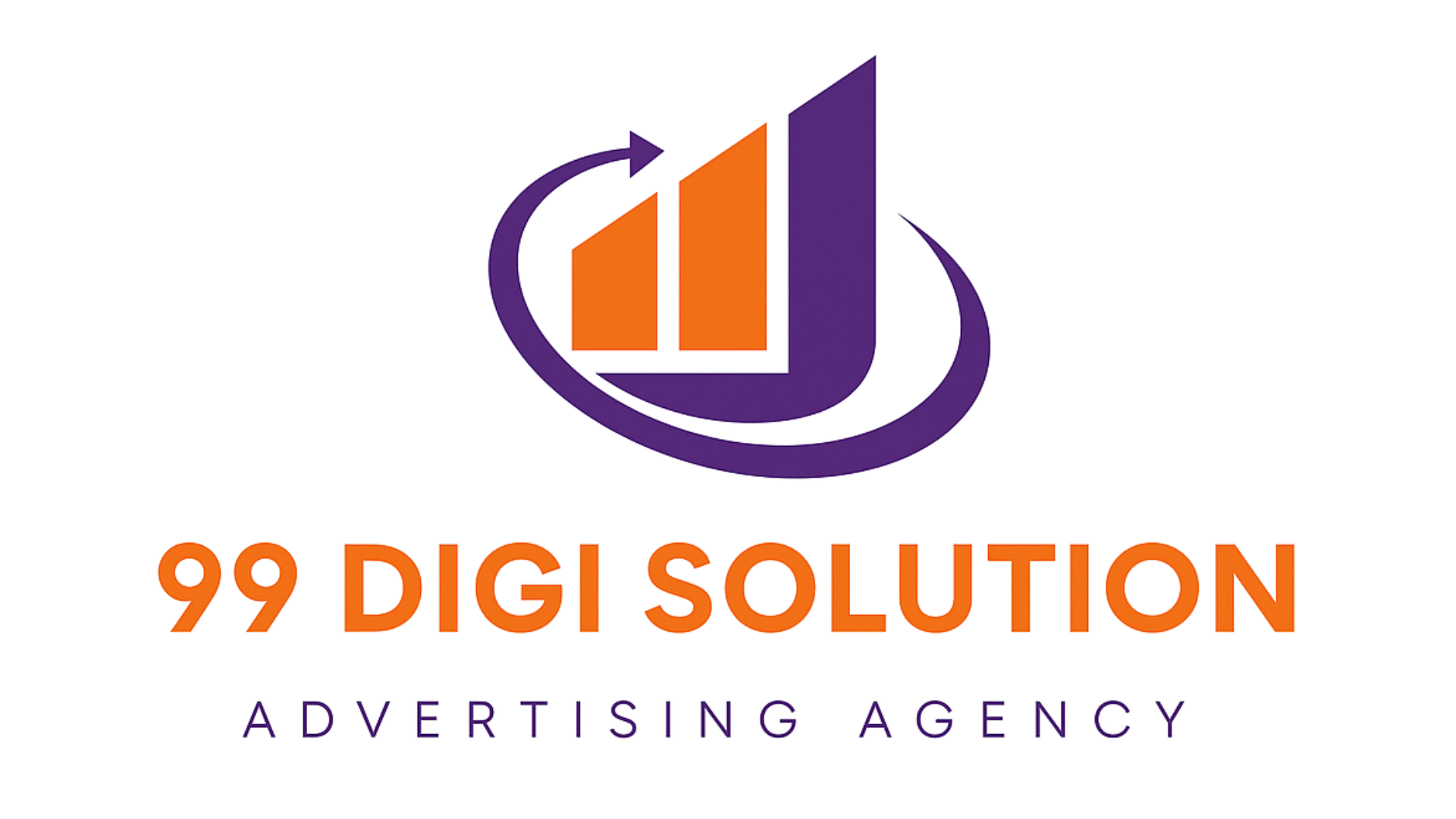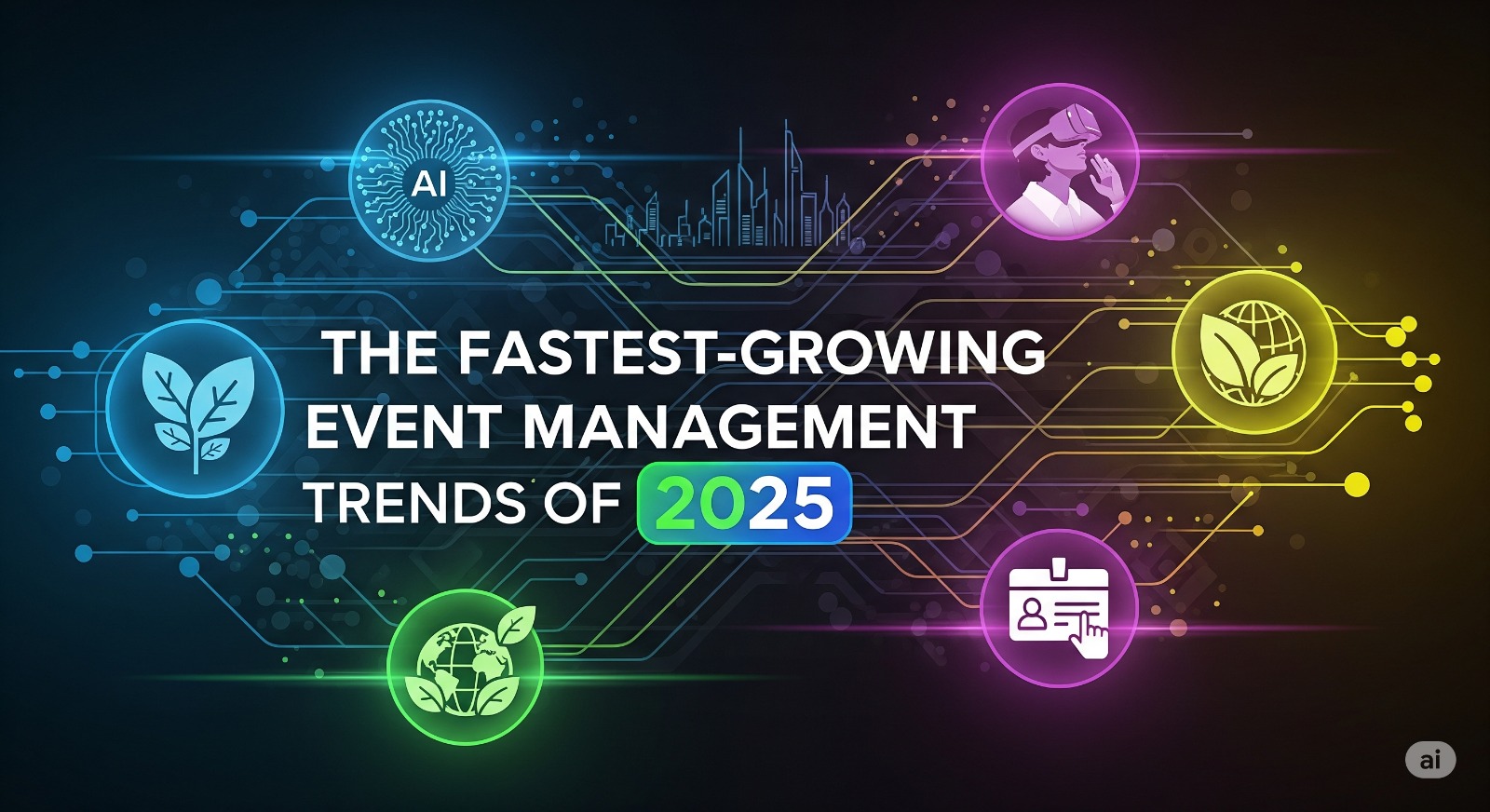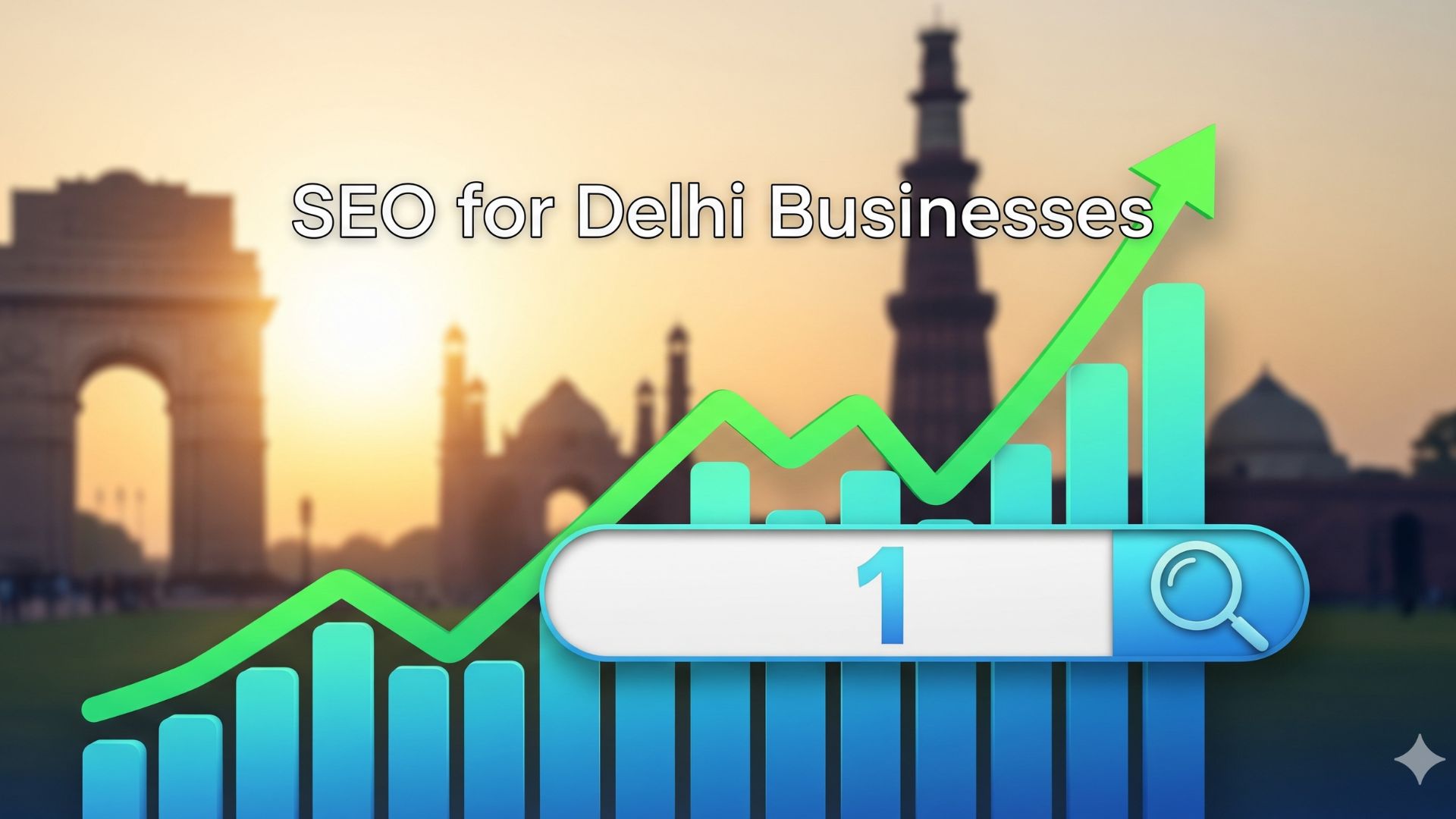In 2025, the event management industry is evolving faster than ever, driven by new technologies, shifting client expectations, and a heightened focus on sustainability and personalization. Whether you’re an event coordinator, corporate planner, party planner, or wedding organizer, staying ahead of the latest trends is crucial to creating memorable, successful events that stand out.
In this article, we’ll explore the fastest-growing event management trends that are shaping the market today, backed by popular search keywords like event management services, event planning, hybrid events, sustainable event management, and AI-powered event planning. Let’s dive in!
1. AI-Powered Event Planning and Automation
Artificial intelligence (AI) is revolutionizing how events are planned and managed. From chatbots providing real-time attendee support to automated scheduling and personalized communication, AI technologies are enhancing efficiency and engagement. Searches for “AI event planning” and “event management technology” are soaring, reflecting this growing reliance on smart solutions.
Event planners now leverage AI to predict attendance patterns, recommend vendors, and even help with customizing guest experiences—all while reducing manual workload.
2. Hybrid and Virtual Events Become Mainstream
The era of “in-person only” events is over. Hybrid events—combining physical attendance with live online participation—are dominating as they allow organizers to expand reach and offer flexible options suited to global audiences.
Keywords like “hybrid events”, “virtual event management”, and “event management app” are trending. Organizers use integrated platforms to seamlessly manage registrations, virtual networking, and live streaming—all critical for modern event success.
3. Sustainability and Green Event Management
Eco-conscious events are no longer optional—they’re expected. The rising popularity of “sustainable event management”, “green event services”, and “eco-friendly event planner” signals a demand for low-waste catering, recyclable decor, and paperless communications.
Many companies now market their events as “green” to appeal to eco-aware clients and attendees who prioritize environmental responsibility.
4. Personalized and Immersive Attendee Experiences
Event attendees want more than just attendance—they seek memorable experiences tailored to their preferences. Utilizing data analytics and AI, event planners are customizing agendas, incorporating wellness zones, interactive sessions, and innovative entertainment.
Search terms like “personalized event management services” and “attendee engagement” are on the rise. Creating immersive experiences helps increase satisfaction and brand loyalty.
5. Data-Driven Decision Making & ROI Measurement
Corporate clients especially want measurable event outcomes. The trend for “ROI-focused event management” and “event analytics” is growing as businesses seek data on attendance, engagement, and conversion.
Event management companies now provide detailed reports and dashboards to demonstrate value and justify event budgets.
6. Localization & “Near Me” Services
Local expertise remains critical. Searches for “event planners near me” and city-specific queries like “event management services Delhi” or “corporate event planner Mumbai” highlight the importance of planners knowledgeable about local vendors, venues, and regulations.
This trend is helping event planners build strong community ties and deliver culturally relevant experiences.
7. Mobile Apps and Integrated Platforms
Attendees increasingly expect mobile apps that handle ticketing, networking, schedules, and live updates in one place. Solutions branded under “event management app” are becoming indispensable to smooth event operations and boost engagement.
Conclusion
The fastest-growing trends in event management for 2025 are interconnected: technology integration, sustainable practices, personalized experiences, and data-driven ROI measurement are at the forefront. For event planners and companies, mastering these trends means not just surviving—but thriving in a competitive, rapidly evolving industry.
















































